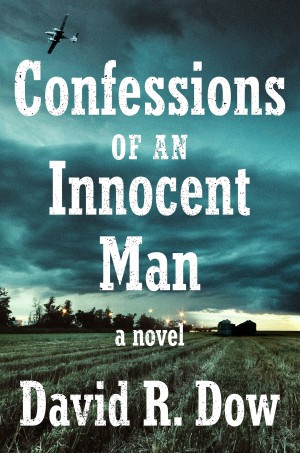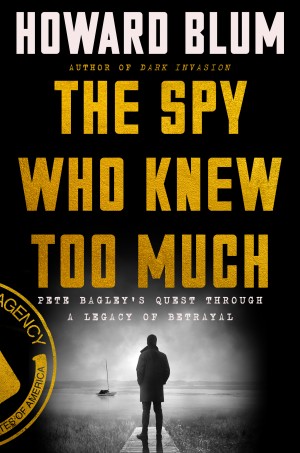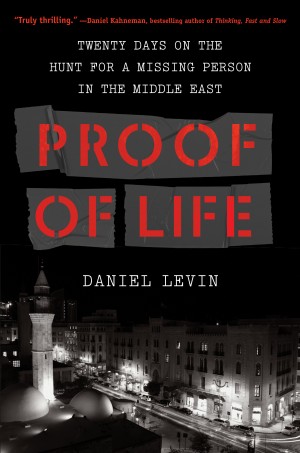Choice of Enemies is the first novel in a series of international espionage novels featuring Nathan Monsarrat, a retired CIA deep cover operative, is a novel of greed, betrayal, and loyalty. Filled with a rich collection of characters including Solomon Grinnell, a Hassidic Manhattan diamond dealer, and Masha Krupnik, a beautiful Jewish-Russian mafia chief who controls the criminal activity in Cape Town, the novel combines the sensibilities of Bernard Malamud with the plots of Daniel Silva. From the perfidious office suites of Langley to the oil soaked Delta training base of Nigerian terrorists to the bucolic hills of western Massachusetts to the the deserts of central Namibia, Choice of Enemies offers fast-paced action with a healthy dose of yiddishe kopf.

Fiction
Choice of Enemies
May 3, 2016
Discussion Questions
Courtesy of M.A. Richards
- Discuss the choice of title. Why do you think Richards picked a quote by Oscar Wilde? Does the title impart a message?
- Do you think Richards wrote a simple spy story with heroes and villains, or is there a deeper message in the novel? If so, what is the message?
- What is the importance of current events in the novel? How closely does the novel follow the important issues of oil supplies, terrorism, and CIA activities?
- Do you believe that the CIA and American oil companies currently work together ( and have in the past) to secure the flow of oil? Can you discuss examples – and the outcomes of the collaboration(s) for the security of the United States?
- In an interview, Richards said he writes with a “Yiddish sensibility.” Can you discuss examples in the novel?
- Do you think it is possible for a Jewish author to write a Jewish novel without a Jewish hero? Can you consider a novel to be Jewish if the hero is a “righteous gentile” who struggles under a set of Jewish ethics?
- Richards worked for the government of the United States for almost thirty years, the majority as a Cultural Attaché for the Department of State, and also as an advisor to the four star admiral in charge of Pacific Command in Honolulu. Discuss how these experiences lend authenticity to the novel.
- Why do you think Richards gave his antagonist three sets of identity (in order of appearance): Felix Sanhedrin, Fineghan Scarnagh, and Franklin Seleucid? Why so many names? What is the significance of choosing Sanhedrin and Seleucid as surnames?
- What is the central role of Solomon Grinnell in the novel, other than as a fixer? Do you think he plays a moral figure in the novel?
- Do you believe there are more “good” people than “bad” people in the novel? Discuss if “good” triumphs over “evil” in the novel – or do they play to a draw? Is the struggle between “good” and “evil” still an important aspect of the Jewish novel?

Jewish literature inspires, enriches, and educates the community.
Help support the Jewish Book Council.



